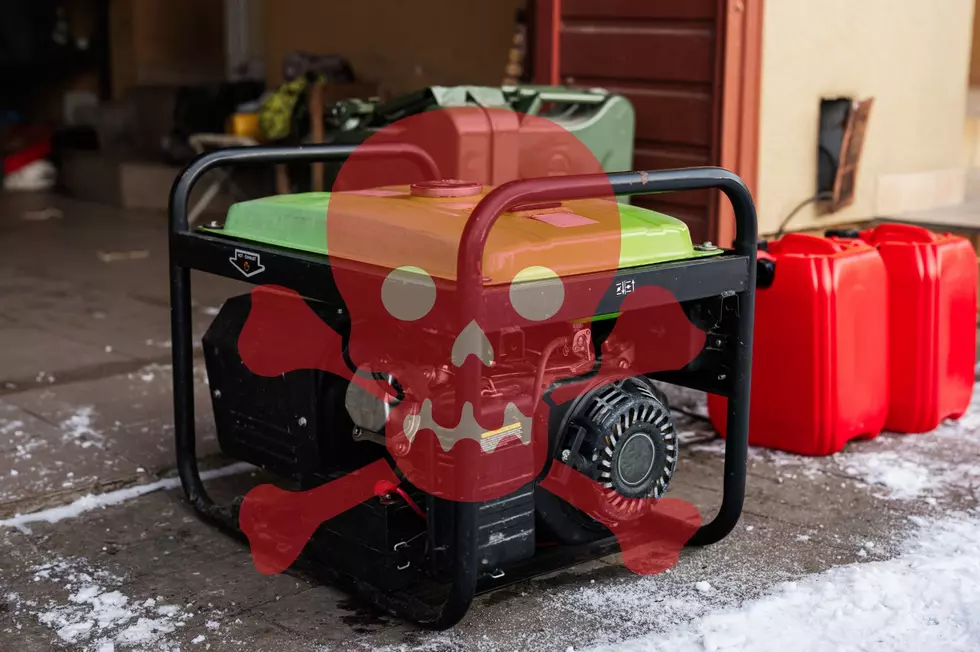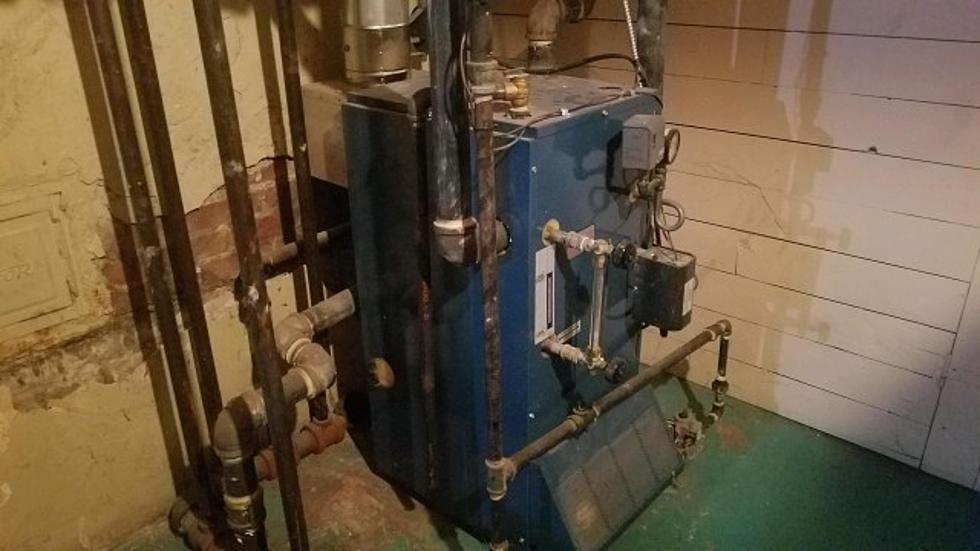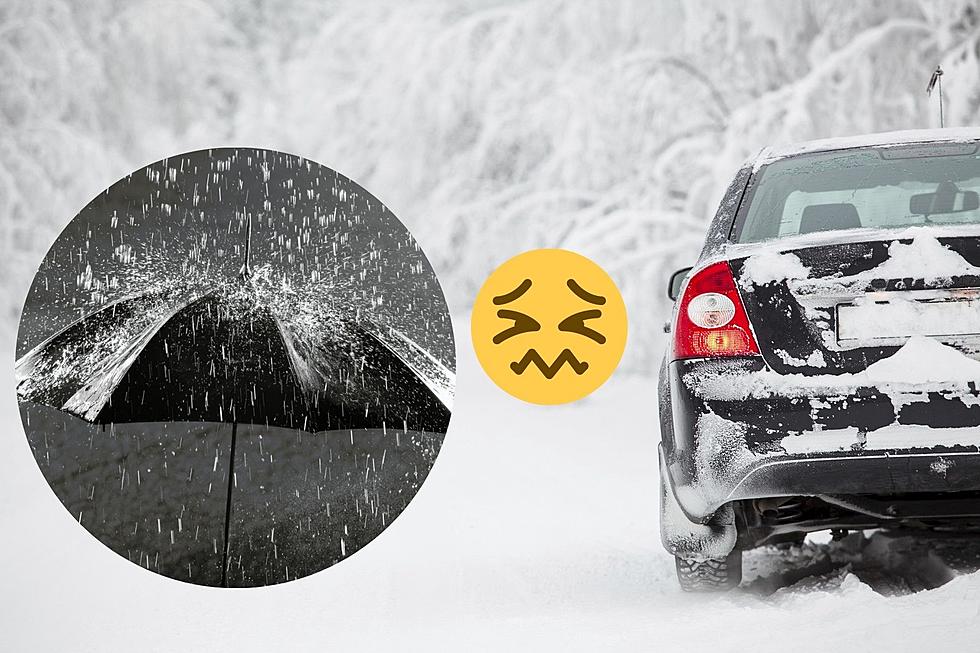
Winter Storms in New York Bring Risk of Carbon Monoxide Deaths
The United States Consumer Product Safety Commission (CPSC) has issued a warning to residents in the path of all winter storms that they should take steps ahead of time to protect themselves from carbon monoxide poisoning and fires.

When storms hit and the power goes out, many people rely on portable generators which is generally fine but if not used properly, your portable generator could cause carbon monoxide poisoning and it can kill a person in only minutes.
The problem with carbon monoxide is that it is colorless and odorless, making it hard to detect. Individuals exposed to carbon monoxide may become unconscious before the poisoning symptoms of nausea, dizziness or weakness, and eventual death even strike.
According to the CPSC, an average of 85 people die each year as a result of carbon monoxide poisoning from portable generators.
In an effort to keep you safe the night time bad weather strikes and the power goes out, the CPSC warns that you should never operate your portable generator inside your home, garage, basement, crawlspace, or shed. They also warn that even if you think opening a door or a window is enough to keep you safe from carbon monoxide, it is not.
Portable generators should only be used outside and at least 20 feet away from your house. You should also be careful that the exhaust of the generator is faced away from your house or any path that a person could take and walk into the exhaust.
The CPSC also suggests looking for a portable generator that has a CO shut-off safety feature. This feature will shut your generator off immediately when high levels of carbon monoxide are detected.
TIPS: Here's how you can prepare for power outages
LOOK: The most extreme temperatures in the history of every state
KEEP READING: Get answers to 51 of the most frequently asked weather questions...
More From WDOS-WDLA-WCHN CNY News









